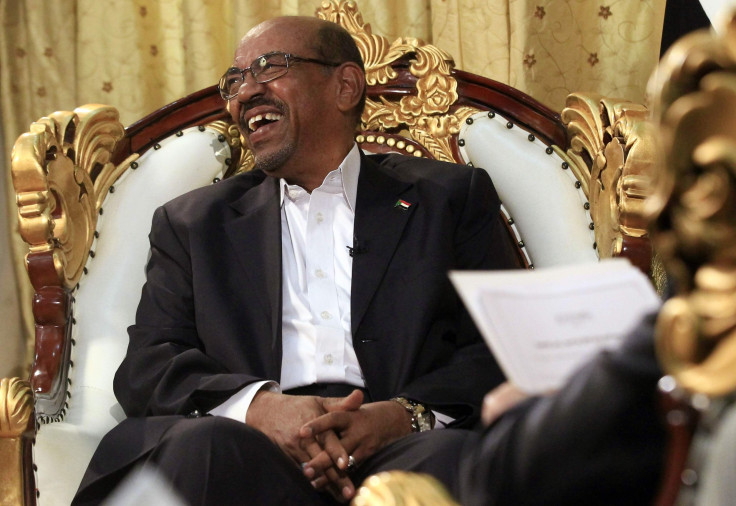After 7 Years, United Nations Prepares To Drastically Cut Peacekeeping Force In Darfur

The United Nations will cut its peacekeeping forces in Darfur after months of intense pressure by government officials in Sudan, the New York Times reported. The U.N. has fielded its mission in Darfur, one of the largest peacekeeping operations in the world, since 2007, but has been accused by the international community of failing to protect citizens. And the withdrawal of peacekeeping forces comes at a time when violence in the region is increasing.
The U.N. has stopped keeping track of the death toll in Darfur, but experts say as many as 300,000 people have been killed there since 2003. Last year alone, a total of more than 460,000 people were displaced in Darfur -- a figure higher than that compiled in the previous two years combined -- according to an Al Jazeera report on U.N. figures.
The U.N. in collaboration with the African Union launched a hybrid peacekeeping mission in the Darfur region in 2007 to address the humanitarian crisis in the western region of Sudan. Before that time, the African Union led its own peacekeeping force in the region: It then bore the responsibility for securing a peace agreement among local factions to protect civilians.
The original mandate for the hybrid peacekeeping mission, called the U.N.-African Union Mission in Darfur, or Unamid, extended through August of this year. The U.N. Security Council reviewed the mission in August and extended the mandate for Unamid for 10 more months, to June of next year.
Since 2003, tens of thousands of people have died and about 2 million people have been displaced from their homes, the New York Times reported. The peacekeeping force, consisting of about 20,000 soldiers, has already been cut by 4,000, with more reductions expected in the next few months.
The U.N. decision to cut the peacekeeping force came after the International Criminal Court moved to suspend a genocide case against Omar Hassan al-Bashir, Sudan’s president. In 2005, the Security Council asked the ICC to open an investigation into Sudan’s campaign against civilians and rebel groups in Darfur, as the Times reported. In 2008, the ICC’s chief prosecutor indicted Bashir, as well as two of his top aides, on charges of genocide, crimes against humanity and war crimes. An arrest warrant for Bashir was issued in 2009, but no arrest was ever made. This month, the ICC decided to drop the inquiry completely because of the lack of effort to arrest Bashir.
Bashir is one of two sitting presidents in the world to be indicted by the ICC. The other, Kenya’s President Uhuru Kenyatta, was re-elected to office in April 2013 despite his indictment by the court in 2010, as the Christian Science Monitor reported at the time.
The decision by the U.N. to cut its peacekeeping force is not too surprising as the mission has lacked international support, especially in the Security Council, for years. As a result, it often retreated from political and logisitcal battles with the Sudanese government. The ICC wrote to the Security Council eight times in the past several years to ask members to help with the arrest of Bashir. But the Security Council did not even write back, the New York Times said.
© Copyright IBTimes 2025. All rights reserved.




















